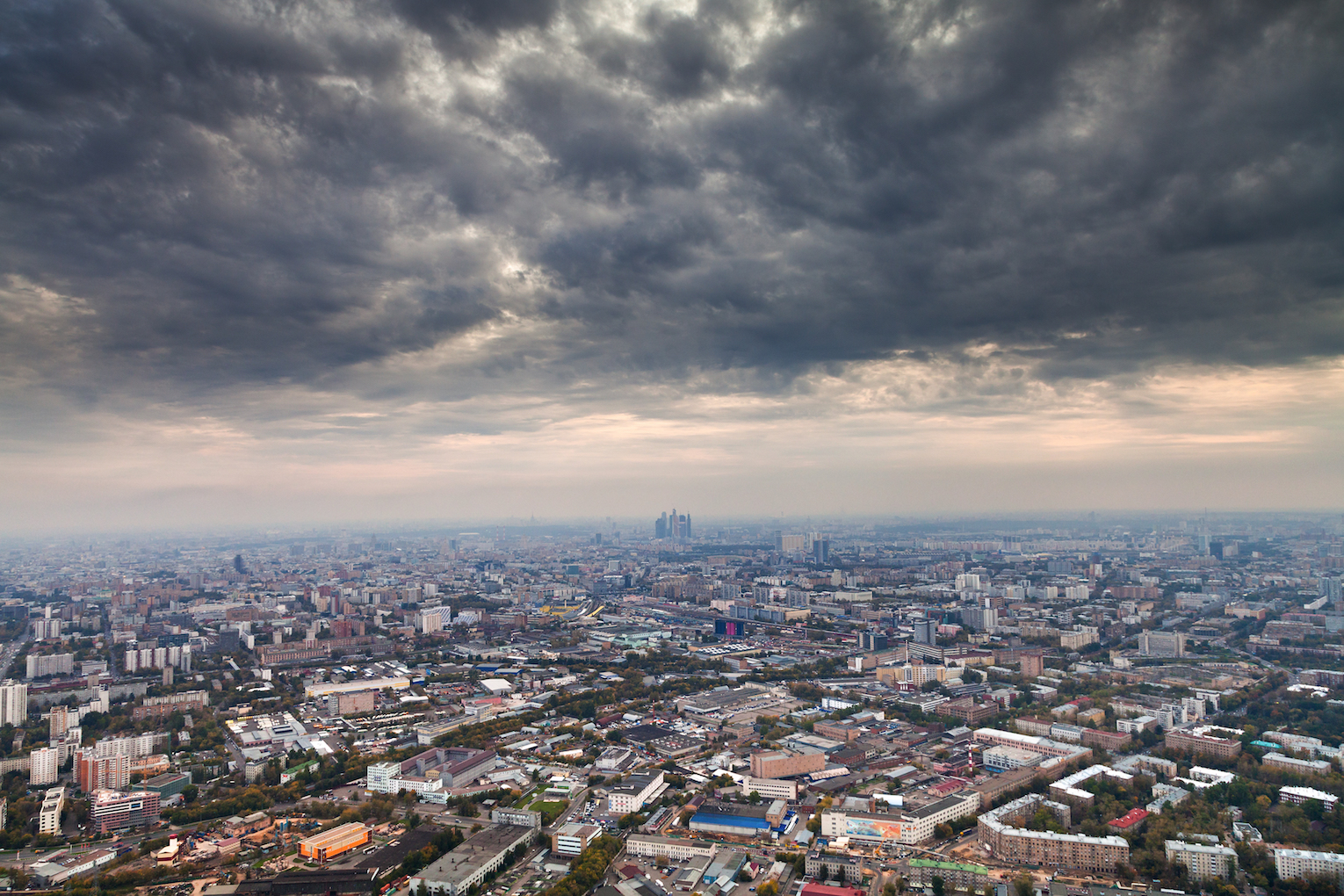
Game-changing AI tool can predict cloud responses to climate
While climate change models are crucial for researchers, conservationists, and policy makers, these projections come with a level of uncertainty which can be challenging for creating accurate representations of future climate.
One major problem for climate models is the unpredictability of the atmospheric heating and moistening of clouds.
But now, a new study conducted by researchers from Columbia Engineering may have found a way to produce more accurate models by using machine learning to correctly represent how clouds will react to carbon emissions.
The study was published in the journal American Geophysical Union.
“This could be a real game-changer for climate prediction,” said Pierre Gentine, the lead author of the paper. “We have large uncertainties in our prediction of the response of the Earth’s climate to rising greenhouse gas concentrations. The primary reason is the representation of clouds and how they respond to a change in those gases. Our study shows that machine-learning techniques help us better represent clouds and thus better predict global and regional climate’s response to rising greenhouse gas concentrations.”
Gentine and a team of researchers created a machine-learning representation of clouds which they called Cloud Brain or CBRAIN. The researchers trained a deep neural network to learn from a simulation of clouds.
CBRAIN is artificial intelligence which is why it could prove so useful for climate models.
The researchers say that the machine learning technology could accurately predict cloud heating and moistening as well as global temperatures based on varying concentrations of atmospheric greenhouse gas emissions.
“Our approach may open up a new possibility for a future of model representation in climate models, which are data-driven and are built ‘top-down,’ that is, by learning the salient features of the processes we are trying to represent,” said Gentine.
—
By Kay Vandette, Earth.com Staff Writer













